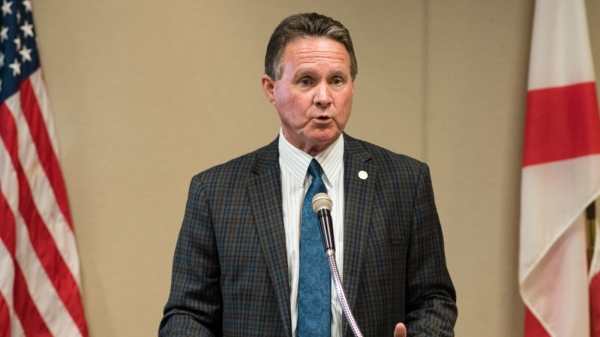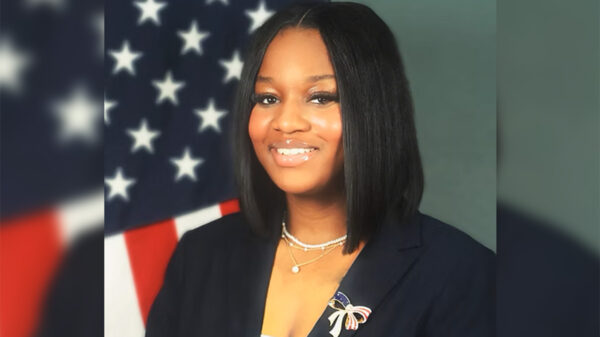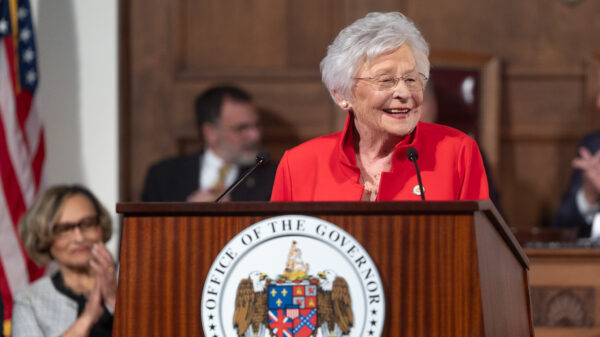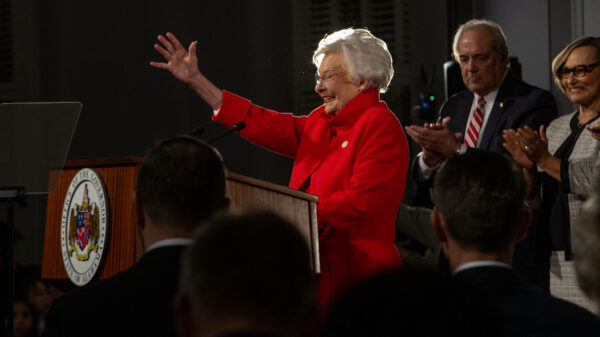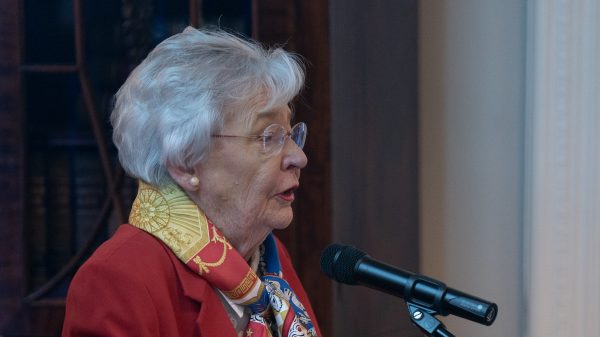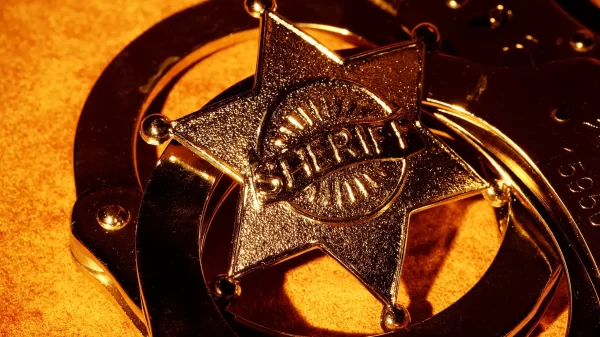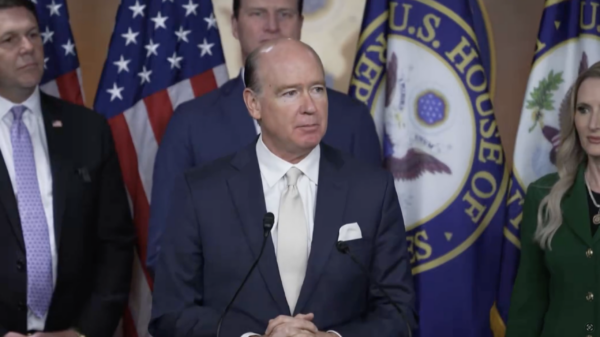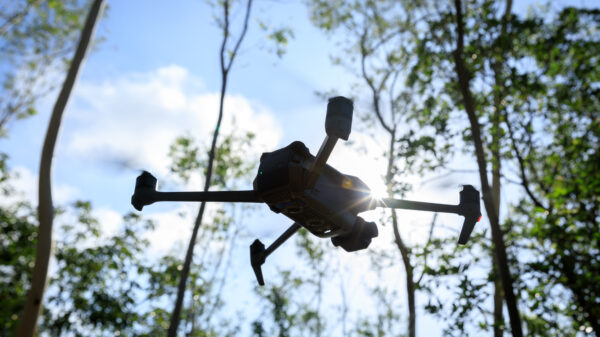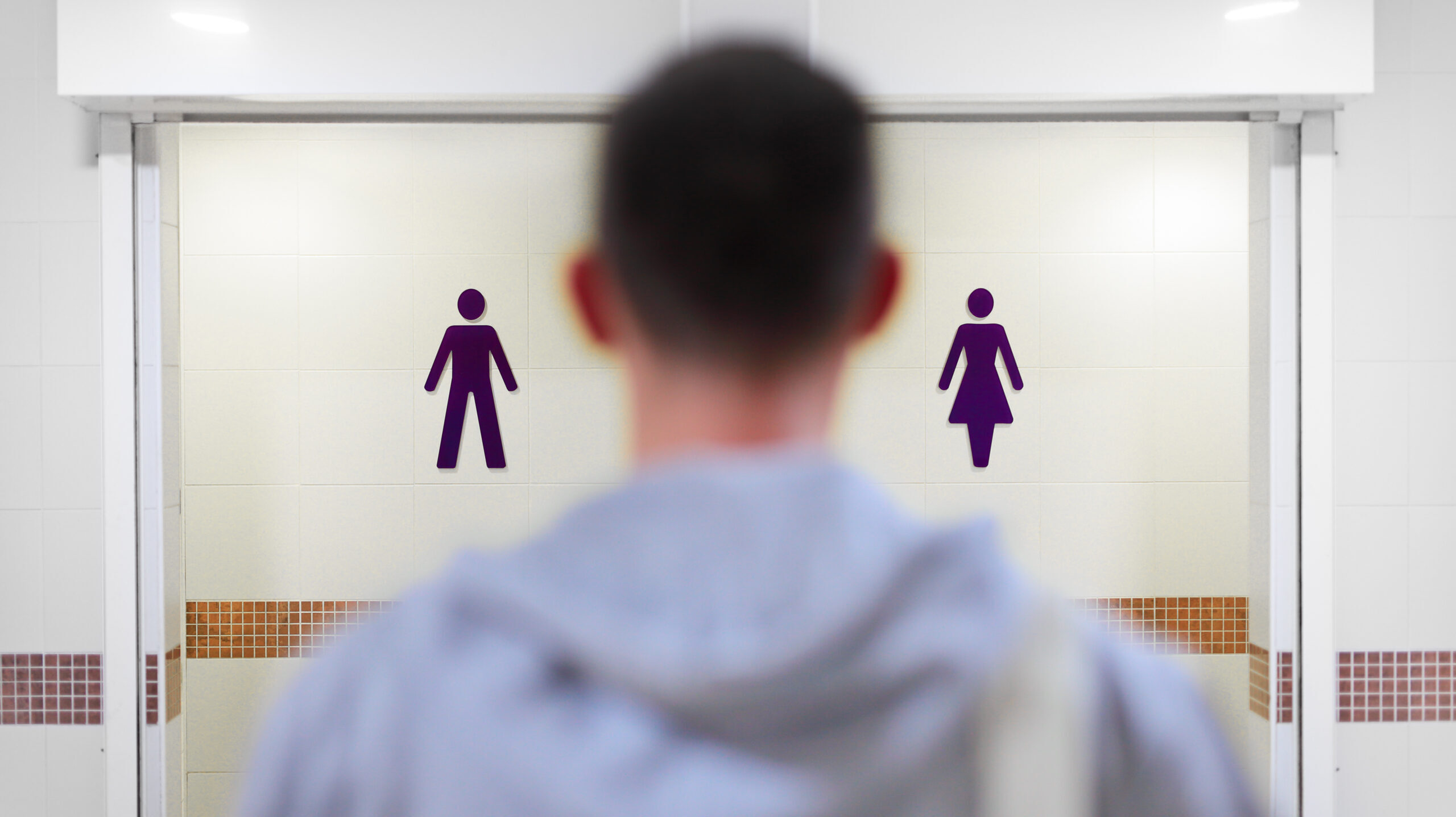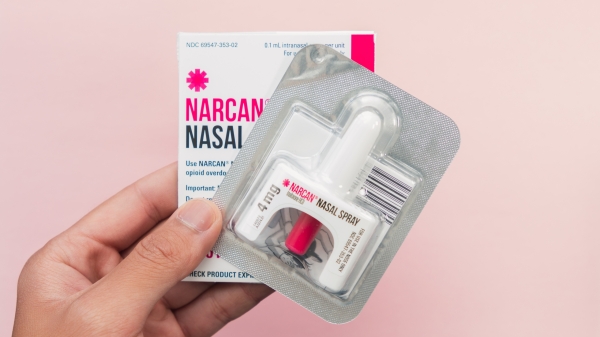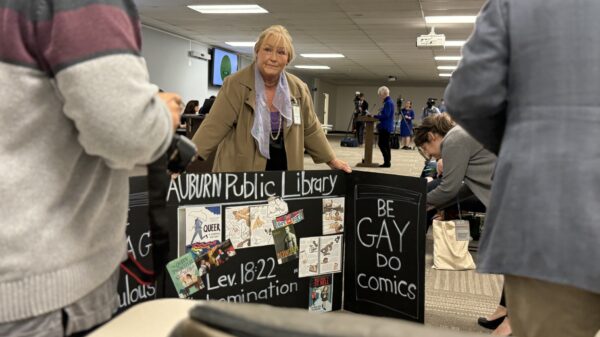A bill that would define sex-based terms including “male” and “female” under state law is moving forward in the Alabama Senate, and has now added language in an apparent response to a recent controversy over Space Camp.
The bill, HB111, defines “female” as “an individual who has, had, will have, or would have, but for a developmental anomaly, genetic anomaly, or accident, the reproductive system that at some point produces ova” and “male” as “an individual who has, had, will have, or would have, but for a developmental anomaly, genetic anomaly, or accident, the reproductive system that at some point produces sperm.”
“Words have meaning and my intent is to make sure we have uniform definitions in our court,” said sponsor Susan DuBose, R-Hoover.
The bill passed in the House earlier this month and approval by the Senate Committee on County and Municipal Government Tuesday clears the way for the bill to be considered by the full Senate.
The committee also amended the bill Tuesday to add language initially sought by House Minority Leader Scott Stadthagen, R-Hartselle.
The amendment adds that “any state department, agency, board, or commission that operates or sponsors any overnight program for minors where attendees share multi-occupancy bathrooms, changing facilities, or sleeping quarters may not permit members of the opposite sex to share these spaces, with exceptions made for family members.”
The amendment is related to a controversy that arose from a Facebook post about a transgender employee at Space Camp at Huntsville’s Space and Rocket Center, even though the center investigated the matter and found that the employee had not entered an any such spaces, as the Facebook post alleged. Multiple Alabama representatives in Congress jumped on the story and called on change at the Space Camp.
Rep. Jay Hovey, R-Auburn, said he felt the amendment changed the spirit of the bill, and voted against it.
Sen. Kirk Hatcher, D-Montgomery, read a messageHuntsville resident Susan Stewart after the bill’s approval. Stewart, a cisgender woman, said she could find basically no cases of a transgender woman harassing a cisgender woman in. bathroom or other shared space.
“So who is going to be safer?” she wrote. “And privacy? How will we regulate these spaces? How will I prove I was born female? Who’s going to check? What papers will I have to carry?”
The bill now advances to the full Senate with six days remaining in the legislative session.

